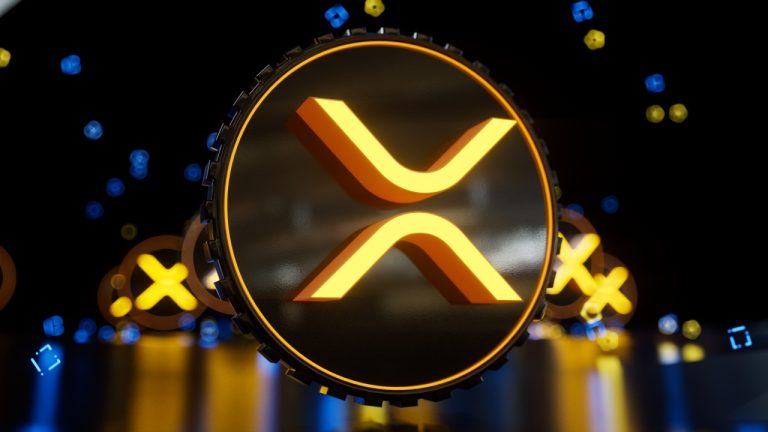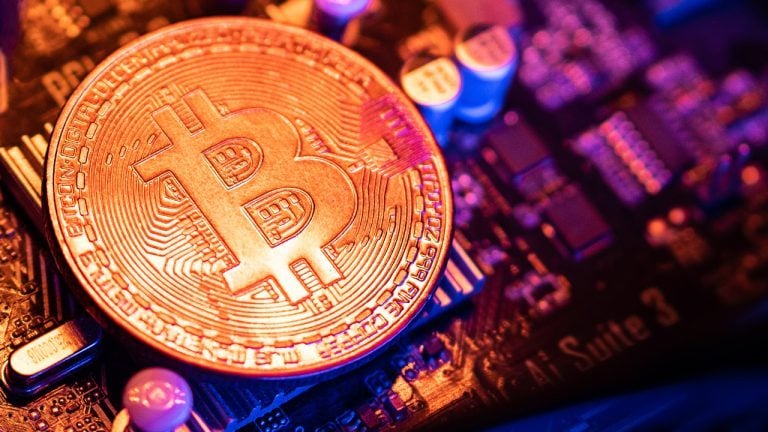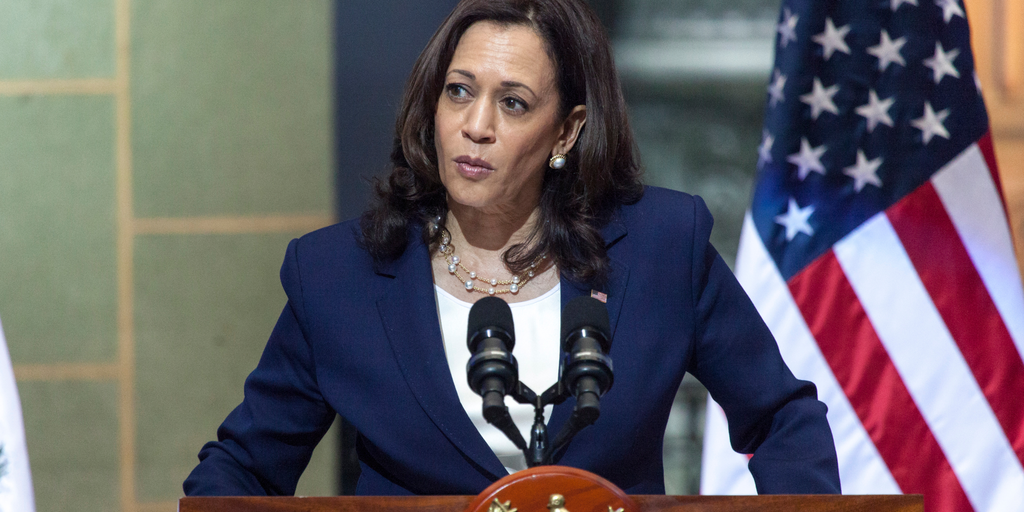ARTICLE AD BOX
Tornado Cash’s TORN token skyrocketed over 420% in the last 24 hours following a court ruling that found that the U.S. Treasury Department exceeded its lawful powers when sanctioning the cryptocurrency mixer.
According to data from CoinGecko, TORN traded at around $36 at its peak in February 2021 but entered a sharp decline amid the cryptomarket downturn. The token’s price plummeted from around $30 to $3 following the Treasury’s August 2022 sanctions on Tornado Cash.
After rallying to over $34 on Tuesday in response to the recent legal win, the token has retreated, currently trading at approximately $18. Despite the quick moves, this is a win for privacy and crypto freedom.
US Court Rules Against Sanctions on Tornado Cash
On November 26, the Fifth Circuit Court of Appeals ruled that Tornado Cash is not subject to sanctions imposed by the Office of Foreign Assets Control (OFAC) of the Treasury Department, which reversed a prior ruling from a lower court.
As noted in the court ruling, the OFAC is permitted to blacklist property belonging to foreign individuals or entities under the International Emergency Economic Powers Act (IEEPA).
However, immutable smart contracts, like those used by Tornado Cash, do not qualify as property because they cannot be owned or controlled by any single entity. And since these contracts do not meet the traditional criteria for ownership, sanctioning them is unjustified.
Since Tornado Cash operates through immutable smart contracts that remain functional regardless of regulatory actions, users, including even sanctioned entities, can still access its services. The ruling raised questions about the effectiveness of sanctions in controlling decentralized technologies.
“Perhaps Congress will update IEEPA…to target modern technologies like crypto-mixing software. Until then, we hold that Tornado Cash’s immutable smart contracts (the lines of privacy-enabling software code) are not the “property” of a foreign national or entity, meaning they cannot be blocked under IEEPA, and OFAC overstepped its congressionally defined authority,” the three-judge panel from the Fifth Circuit Appeals Court concluded.
Freedom For Money
Launched as a decentralized cryptocurrency mixing service, Tornado Cash allows users to send cryptocurrencies anonymously. However, the feature, while protecting user privacy, is being used by criminals to launder stolen funds.
In August 2022, the Treasury’s OFAC banned Tornado Cash. The authorities claimed that it facilitated the laundering of over $7 billion in cryptocurrency, including funds linked to North Korea’s notorious Lazarus Group.
Following the enforcement, six plaintiffs initiated a lawsuit against the Treasury, Secretary Janet Yellen, OFAC, and OFAC Director Andrea Gacki in 2022. The plaintiffs contested the sanctions, asserting that Tornado Cash is software rather than a person or an entity.
In August 2023, a U.S. district court upheld OFAC’s authority to sanction Tornado Cash. The court rejected claims that the designation violated First Amendment rights or exceeded statutory authority.
The plaintiffs filed an appeal to challenge the court ruling. Tuesday’s court decision efficiently struck down the sanctions.
A Win for Crypto Privacy
Paul Grewal, Coinbase’s chief legal officer said that the court’s decision was a win for cryptocurrency privacy. That also meant that the court recognizes the legitimate use cases of privacy-enhancing technologies like Tornado Cash.
The leading US cryptocurrency exchange played a major role in supporting the case’s plaintiffs. Coinbase had financially supported the lawsuit challenging the sanctions.
According to Bill Hughes, senior counsel at Consensys, the ruling was a huge victory. He expressed confidence that it would likely stand if reviewed by the Supreme Court. With big changes coming to the US, we may see more rallies like this one.
However, Hughes added that while the ruling overturned the U.S. Treasury Department’s sanctions on Tornado Cash smart contracts, it does not necessarily apply to other parts of the Tornado Cash protocol. Other aspects could still be subject to future regulatory scrutiny.
 1 month ago
79414
1 month ago
79414











 English (US) ·
English (US) ·